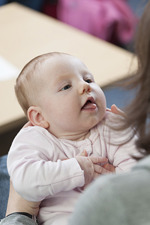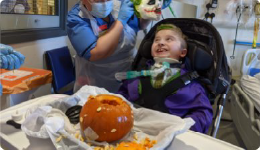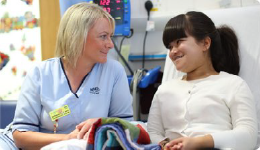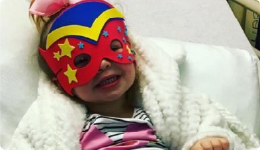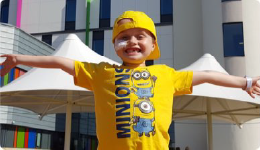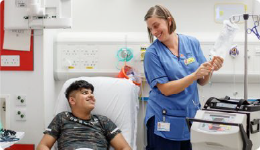Visit from Your Health Visitor
Your Health Visitor will visit you when your baby is between 6 and 8 weeks old. You can find out more on Happy Healthy Tots.
6 Week Postnatal Check-Up
Being a new mum is exhausting. It is important to take care of yourself so make sure you book and attend your GP appointment for your 6 week postnatal check-up.
8 Week Immunisations
Now is the time to start your baby's immunisation programme. It is vital that your child receives protection against significant illnesses. Your Health Visitor can give you more information. Remember to take your red book with you to the appointment.
Your child will receive the following vaccines:
- The Six-in-one vaccine helps protect your baby against diphtheria, tetanus, pertussis (whooping cough), polio, Haemophilus influenzae type b (Hib) and hepatitis B (HepB).
- Rotavirus helps protect your baby against rotavirus.
- MenB helps protect your baby against meningococcal group B infection.
The immunisation pages of NHS Inform includes information on when and why you should immunise your child, and what to expect after immunisation.
Public Health Scotland have produced a Protect your child against serious diseases guide. This booklet is provided by your Health Visitor within the first two weeks of your baby being born and will help you over the next five years of your child’s own immunisation journey. This is also available in other languages.


 Every child grows and develops in their own time. If you are worried about your child's development then speak to your Health Visitor, Family Nurse or GP.
Every child grows and develops in their own time. If you are worried about your child's development then speak to your Health Visitor, Family Nurse or GP.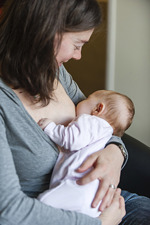
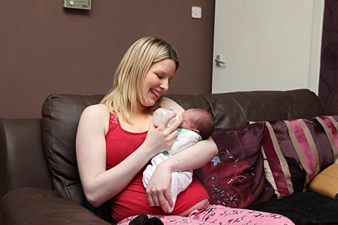
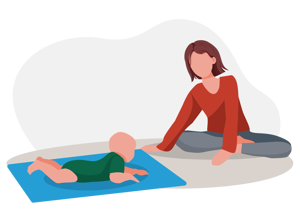 When lying on their back your baby's head will tend to turn to the side. If they are lying on their side, they will roll onto their back. When they lie on their tummy they will try to lift their head up for a short time. Remember to supervise your baby while they are on their tummy. Their head control will still be developing. Make sure you encourage your baby to turn to each side.
When lying on their back your baby's head will tend to turn to the side. If they are lying on their side, they will roll onto their back. When they lie on their tummy they will try to lift their head up for a short time. Remember to supervise your baby while they are on their tummy. Their head control will still be developing. Make sure you encourage your baby to turn to each side.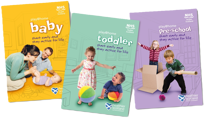 NHS Health Scotland has published three books to encourage parents to support their child's learning through play. These books also encourage you to get your child into good exercise habits.
NHS Health Scotland has published three books to encourage parents to support their child's learning through play. These books also encourage you to get your child into good exercise habits.